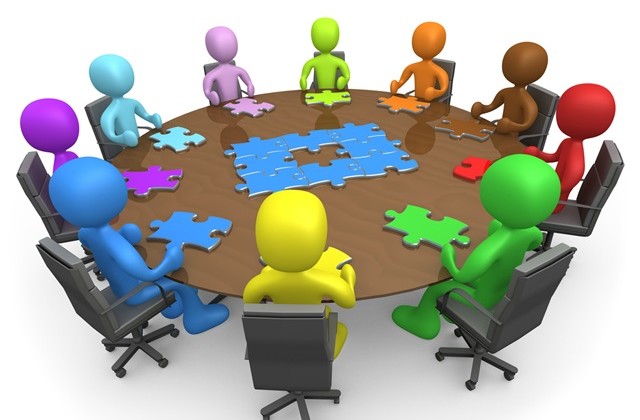I’ve attempted writing this article many times and usually words fail me. So I just have to ask: do you love email?
We remember when it was new and each email was announced with a cheerful you’ve got mail! and even if it was spam from AOL, it was exciting! And then as email became more pervasive it wasn’t exciting or fun or even tolerable.
Email became a chore.
Just one more piece of noise to manage and like 100 tv channels it was never “off” because there was something more happening.
There are plenty of people who advocate chucking email all together and migrating to Twitter, Skype calling or using assistants exclusively.
Erica gave up email, kinda, and wrote about it here.
Mike suggested “killing email” which sounds a little… violent.
For those afraid of the cold turkey version, some suggest Email Free Fridays.
But no matter how strongly you feel about the issue, it can be a powerful thing to revamp your email system.
Hint: if your system is 1) get email 2) procrastinate and 3) respond later then it’s not a real system.
Imagine if you were as intentional receiving email as you were sending email. I don’t know of many people who email haphazardly anymore.
A few weeks back I decided to do a major email overhaul and intended to fully document my process so I could later teach it, to you. No I wouldn’t just do this for the sake of the exercise because (honestly?) it’s a pain in the ass.
I was forced to admit how many ways I had given out my attention, my bandwidth, that I did not care about. Store promotions, credit card offers, mortgage companies, newsletters, ezines, daily deals, family, charities, program notifications… each of these were flowing into my inbox daily.
If you’re anything like me having unanswered or undealt with emails is a stress. Another thing on the to do list that never gets done. How stress free it must be to give all that up right?
Well, it’s been a few weeks since the migration started and I’m still not ready. Not prepared to announce and set up that autoresponder and commit. Because I’m still getting emails that I want to receive from people I respect and admire. For every three email subscriptions that are complete junk there’s one that I want to receive, one that brings value to my life and business.
This process is not for the faint of heart and includes a good amount of back end set up to start but with the combo of forwarding, multiple sign ins, filtering and spam detectors I found myself spending less time managing email (moving it around for later) and more time taking in email and being responsive.
Change is hard, harder when you’re stubborn. But the beauty is that we can reclaim our email inbox back from the spammers, the joke forwarders and the salesy crap that makes an already unending chore more arduous. No matter how you choose to show up in your business, there are guidelines and systems that reflect you whether you manage your own incoming mail or work with an assistant.
How can an email system make your life easier? Is it worth the effort to you to put some of these tactics into place?









